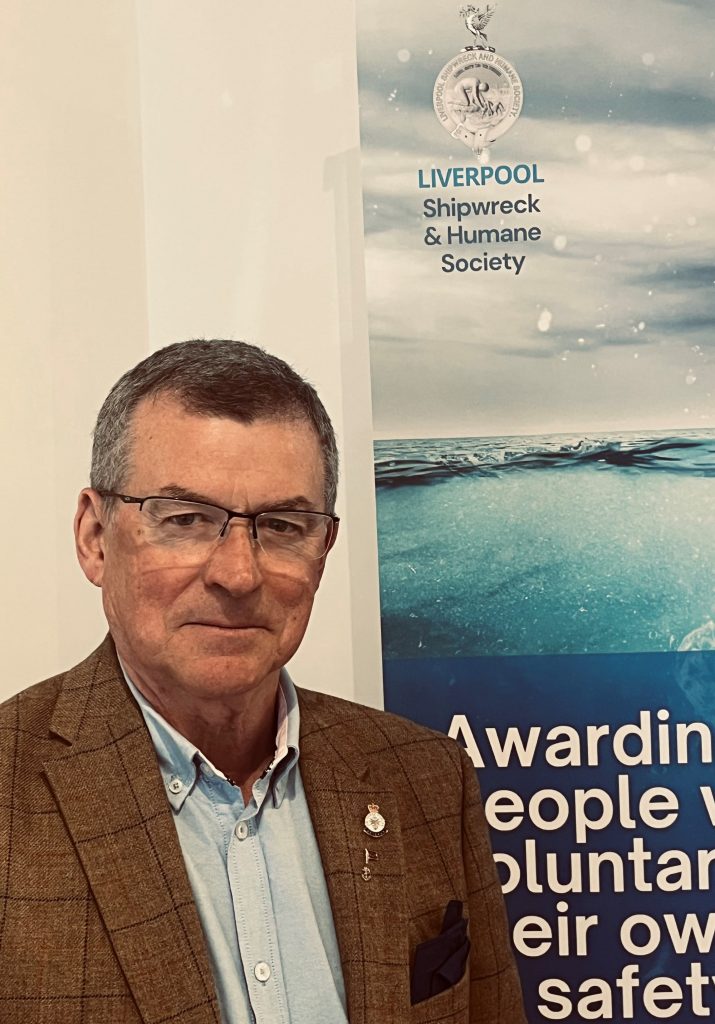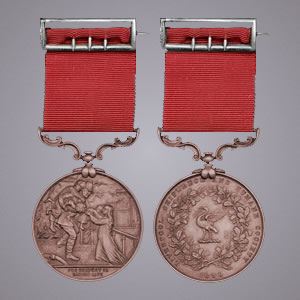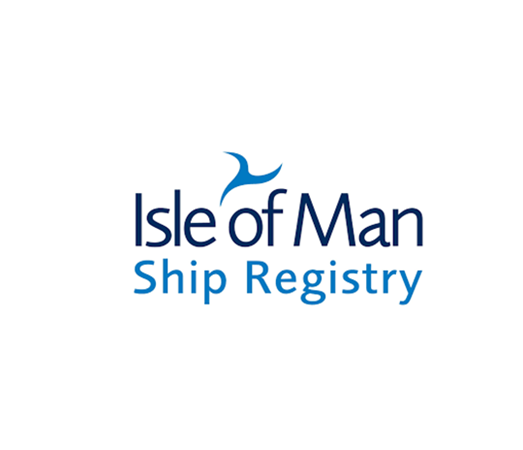In the first of our Meet the Trustee series, Chair of the Liverpool Shipwreck & Humane Society, Chris Riley is in the hot seat and shares why he got involved with the society, what his role involves and some stand out acts of bravery from the Society’s history.
Why did you become a Trustee?
I became a Trustee after a brief conversation at an awards ceremony for the Royal Yachting Association in London. I was there with an existing Trustee who, over lunch, suggested I might like to do some charity work. He wasn’t very explicit in what that would entail but three months later I was roped in. Throughout my early life I was brought up to volunteer for and do charitable work. My mother had always given back to society, through fostering and latterly childcare, and I saw this Society as an opportunity for me to put something back, although it’s not in the same league as my mother’s huge and selfless efforts.
What does Liverpool Shipwreck & Humane Society mean to you?
I like the fact that we recognise the various noble acts that ordinary people perform every day. Annually we recognise a number of our fellow citizens who step up and perform CPR on complete strangers. This in itself is not brave, but they did something which in most cases saves a life. For this they deserve to be recognised.
It is poignant, and an honour, that we are in a position to reward or recognise acts of selflessness and bravery. These are cases where members of the public have put themselves at risk to save another person’s life.
What are you responsible for as a trustee?
I am the current Chair of the Society and therefore I am responsible for ensuring that we run our charity along ethical and financially sound business lines.
As with most small charities I am required to see that we spend and invest wisely thus husbanding our limited resources.
Do you have a specific area of interest/expertise within the Society?
As someone who spent a significant part of his life in the reserve forces I appreciate the importance of recognising bravery and service through medals and/or certificates. It is a very important part of what we do within the Society, and I enjoy and take an active role in the awards process.
What is your role outside of LSHS? / What did you do before you retired?
Before retirement I worked in IT for 35 years initially programming, analysis and latterly in a consulting role. Over the years I worked for many government departments and a number of well-known national companies implementing and managing projects.
Through most of my early working life I was in the Territorial Army, specifically The King’s Regiment, historically this was the city regiment of Liverpool. Hence I have a strong affection and association with the city. I retired from the TA with the rank of Major and gained the Territorial Decoration (TD) for my efforts.
I belong to and volunteer with several other Charitable organizations as well as some voluntary groups and am heavily involved in my local sailing club.
Is there an act of bravery that particularly stands out for you in the history of Liverpool Shipwreck and Humane Society?
Several awards I think are of note or at least appeal to me:
Firstly, the gentleman who worked on the docks who we awarded 7 or 8 medals over 15 or so years. Each for leaping into the docks to save a soul.
Then there is the William Wright who, in 1934, stopped an out-of-control runaway pony pulling a milk float down Crown St in Liverpool.
Latterly there have been a series of awards for bravery rescuing people from the water off New Brighton. It never ceases to amaze me that ordinary men and women will put themselves in harms way to rescue others.
We gave a number of awards to the crew of the Carpathia after she rescued many of the survivors of the Titanic. The Carpathia was registered in Liverpool, hence we could make the awards. At the time the magnitude was unheard and initial use of wireless. Harold Cottam the Carpathia’s Wireless Officer received one of the medals for his outstanding efforts in recognising the distress calls and persuading the Captain of the serious nature of the unfolding disaster; thereby saving many lives.
What do you think is an important focus for the future of Liverpool Shipwreck & Humane Society?
We need to continue our recognition of bravery and selflessness taking into account the changing face of society, its makeup and the change in the nature of incidents passed to us.
We must keep the local community aware that we exist and engage with them to enhance Lifesaving training and facilities where it is appropriate.



